Top MCP Servers for coding
The best Model Context Protocol (MCP) servers combine performance, community, and creative freedom. They offer all the essentials for memorable Minecraft sessions: smooth gameplay, active moderation, diverse game modes, and reliable uptime. Choosing your server wisely can transform your experience from frustrating lags to epic adventures with friends.
For players, finding the right MCP server isn’t just about joining a game; it’s about joining a community. Whether you’re into survival challenges, roleplay scenarios, or mini games, the server you choose determines how fun and immersive your journey will be.
To decide which server is best, you need to know what MCP servers are, why they matter, and which ones stand out on the market today.
What is an MCP server?
In Minecraft communities, MCP servers expand gameplay with advanced tools, mods, and interoperability features. They’re not limited to vanilla play; instead, they open up new creative and collaborative possibilities.
Common MCP server features include:
- Multiple game modes (survival, creative, roleplay, mini games).
- Custom plugins and mods that make gameplay unique.
- Community-driven economies and ranking systems.
- AI or programmatic integrations, allowing developers and players to extend functionality.
Compared to standard Minecraft servers, MCP servers emphasize compatibility and innovation. They give casual players and developers a sandbox for experimenting — whether that experimentation entails building epic cities, joining large multiplayer challenges, or connecting via AI assistants.
The best MCP servers for AI assistants and builders
Here are 10 of the best MCP servers available right now. Each offers something unique — whether you’re after creative tools, roleplay depth, or competitive rankings.
1. Jotform MCP Server
The Jotform MCP server gives you a powerful way to manage forms and submissions directly through AI assistants. With a simple setup, secure OAuth connections, and actively expanding tools, it’s designed for developers and everyday users who want smarter, faster workflows.
Developer: Jotform
Why it’s helpful: The Jotform MCP server makes it easy to connect your forms and submissions with AI assistants. Whether you’re using Cursor, VS Code, Goose, or other MCP-capable clients, you can interact with Jotform data through natural language. This means you can create forms, view submissions, or edit projects without leaving your favorite workspace.
Key features:
- Remote server URL: https://mcp.jotform.com (just point any MCP-enabled client here to start).
- Tools you can use today:
form_list→ See all your forms.create_form→ Make a new form instantly.edit_form→ Update an existing form.create_submission→ Add new submissions.get_submissions→ Pull all responses from a form.
- OAuth 2.0 security: Use one-time approval for each client (workspace admins manage access).
- Simple client setup: Add the server URL in Cursor or VS Code and authorize in seconds.
- Actively maintained: Expect more tools and client integrations on the way.
2. Canva MCP Server
The Canva Dev MCP server brings AI assistance into your development workflow, helping you build and refine Canva apps more efficiently with direct access to documentation and tools.
Developer: Canva
Why it’s helpful: For developers creating Canva integrations, this server reduces setup time and provides quick answers to design and SDK-related questions. It’s like having a coding assistant that already knows Canva’s ecosystem.
Key features:
- Local operation: Run it directly on your device and use it to securely fetch docs from canva.dev.
- Agent mode tools: Expect AI tools will be automatically triggered when relevant, as it’s available only in agent mode.
- Easy setup with Cursor: Use a simple .cursor/mcp.json configuration or quick link to get started.
- Cross-client compatibility: Use it smoothly with Cursor, Claude Desktop, VS Code, and more.
- Secure & private: Know your data isn’t transmitted elsewhere; interactions stay within your chosen MCP client.
3. Figma MCP Server
The Figma MCP server (currently in open beta) helps developers turn designs into production-ready code by providing AI assistants with direct context from Figma files. It connects your design system with your codebase so your builds stay consistent and efficient.
Developer: Figma
Why it’s helpful: Instead of manually recreating layouts, you can generate code directly from Figma frames, extract variables and components, and even sync design system elements with Code Connect. This bridges the gap between design and development, saving time for product teams.
Key features:
- Generate code from frames: Select a Figma frame and instantly transform it into code for faster prototyping and iteration.
- Extract design context: Pull in variables, components, and layout details to keep your code aligned with the design system.
- Retrieve Make resources: Provide Makefile data to your LLM so prototypes can smoothly evolve into production apps.
- Code Connect support: Reuse your actual design system components, ensuring consistency between Figma and your codebase.
- Flexible setup: Run a local MCP server via the Figma desktop app.
4. GitHub MCP Server
The GitHub MCP server connects your AI tools directly to GitHub, enabling natural language interactions with repositories, issues, pull requests, workflows, and more. Whether you’re triaging bugs, automating CI/CD, or analyzing code, this server brings GitHub’s power into your AI-assisted development flow.
Developer: GitHub
Why it’s helpful: There’s no need to manually browse repos or manage issues, because you can let AI assistants handle tasks like analyzing commits, creating PRs, or monitoring builds. It saves developers time, boosts collaboration, and keeps projects moving smoothly.
Key features:
- Repository management: Browse files, analyze commits, and understand project structures directly through AI queries.
- Issue & PR automation: Create, update, and manage GitHub issues and pull requests with AI support.
- CI/CD insights: Monitor GitHub Actions, analyze build failures, and manage releases via natural language.
- Code analysis and security: Review Dependabot alerts, scan for vulnerabilities, and examine code patterns.
- Collaboration tools: Access discussions, manage notifications, and analyze team activity in one place.
5. Dart MCP Server
The Dart MCP server connects AI agents directly to the Dart platform — an operating system for agencies and professional services. It centralizes client work, team collaboration, and business operations, which makes it easier for AI assistants to manage projects, tasks, and billing data programmatically.
Developer: Dart
Why it’s helpful: Forget about juggling multiple tools. You can use this server to query and manage client details, track tasks and time, and even access billing information — all through natural language interactions with your AI assistant. It brings automation and efficiency to everyday agency workflows.
Key features:
- Workspace interaction: Connect to your Dart workspace and let AI agents perform operations within it.
- Client and project management: Query or manage client records, project details, and task lists.
- Task & time tracking: Access task statuses and logged time entries for better oversight.
- Billing and financial data: Retrieve invoices, retainers, and financial info directly from Dart.
- Collaboration and communication: Potentially interact with communication threads or updates tied to projects.
- Custom fields and data: Pull in data from custom fields configured in your workspace.
6. Shopify Dev MCP Server
The Shopify Dev MCP server connects your AI assistant directly to Shopify’s developer resources. It allows AI agents to search docs, explore application programming interface (API) schemas, validate code, and provide real-time guidance based on the latest Shopify APIs and best practices.
Developer: Shopify
Why it’s helpful: Instead of switching between docs and code, developers can ask natural language questions like “How do I create a product with the Admin API?” or “Show me an example webhook subscription.” The server ensures your AI assistant responds with accurate, up-to-date solutions tailored to Shopify development.
Key features:
- Documentation search: Query Shopify’s extensive documentation with search_docs_chunks for quick, broad answers.
- Full doc retrieval: Use fetch_full_docs for comprehensive information on specific API resources.
- GraphQL schema tools: Explore types, queries, and mutations with introspect_graphql_schema and validate your code using validate_graphql_codeblocks.
- Liquid and theme validation: With Liquid enabled, check individual codeblocks (validate_theme_codeblocks) or full themes (validate_theme) for syntax errors and consistency.
- Functions and Polaris support: Optionally include Shopify Functions and Polaris Web Components documentation for building apps with modern Shopify tooling.
7. Browserbase MCP Server
The Browserbase MCP server enables AI assistants to automate web browsing through natural language. Integrated with Stagehand, it lets you control browsers, navigate sites, extract data, and manage sessions — without writing complex automation scripts.
Developer: Browserbase (built on Stagehand)
Why it’s helpful: From scraping competitor prices to filling forms or testing workflows, Browserbase makes web automation accessible to anyone. Although you previously might have needed to learn selectors or syntax, with Browserbase, you just describe what you want to do, and the AI handles the execution. It’s powerful, fast to set up, and enterprise-ready.
Key features:
- Natural language automation: Control browsers with commands like “Click the login button” or “Fill out the contact form.”
- Web interaction: Navigate sites, click buttons, and submit forms conversationally.
- Data extraction: Pull structured data from websites automatically for research or reporting.
- Multi-session management: Run multiple browser sessions in parallel for complex tasks.
- Screenshot capture: Generate webpage screenshots for testing or analysis.
- Cookie management: Handle authentication and maintain session persistence across workflows.
8. Slack MCP Server
The Slack MCP server connects AI assistants to Slack workspaces, enabling natural language access to messages, channels, threads, and user data. It supports multiple transport methods, including Stdio, SSE, and HTTP, and can run in OAuth mode or stealth mode with minimal permissions.
Developer: Open-source community
Why it’s helpful: Don’t waste time manually digging through channels and DMs — this AI assistant can fetch history, search conversations, or analyze workspace activity. It works even in enterprise setups and supports caching for speed, making it ideal for busy teams.
Key features:
- Stealth & OAuth modes: Choose between secure OAuth tokens or stealth mode that runs without extra permissions.
- Channel and thread support: Retrieve conversations by name or ID, including replies and activity messages.
- Smart history: Fetch messages by date (1d, 7d, 1m) or by count, with pagination.
- Message search: Search across channels, threads, and DMs with filters for date, user, and keywords.
- Safe posting: Message posting is disabled by default but can be enabled with environment variables (with optional channel restrictions).
9. Vercel MCP Server
The Vercel MCP server (in beta) gives AI assistants secure, OAuth-based access to your Vercel projects. It connects directly with popular tools like ChatGPT, Claude, Cursor, VS Code, and Gemini to streamline project management, documentation search, and deployment analysis.
Developer: Vercel
Why it’s helpful: Instead of switching between the Vercel dashboard and docs, ask your AI assistant questions like “Show me my latest deployment logs” or “What’s the difference between Admin API and Storefront API?” It provides accurate answers, project insights, and deployment context — all through natural language.
Key features:
- Documentation search: Quickly navigate Vercel docs to answer development questions.
- Project and deployment management: Access and control your projects with OAuth-secured connections.
- Deployment log analysis: Review and troubleshoot builds directly through your AI client.
- Public versus authenticated tools: Some tools are available without login, while project and team management require authentication.
- Wide client support: Works with Claude, ChatGPT, Cursor, VS Code (Copilot), Goose, Windsurf, Raycast, Gemini Code Assist/CLI, and Devin.
- Project-specific URLs: Use endpoints like https://mcp.vercel.com/<teamSlug>/<projectSlug> for automatic context, better performance, and fewer errors.
10. React MCP Server
The React MCP server connects Claude AI with React development environments, giving it the ability to create apps, run dev servers, manage files, and execute commands. It acts as a full bridge between AI and React projects, enabling real-world actions through the Model Context Protocol.
Developer: Streen9 (open-source)
Why it’s helpful: Developers can avoid manual setup or editing by letting their AI assistant handle repetitive tasks like generating new apps, running development servers, or installing npm packages. This makes building and iterating React applications faster and more efficient.
Key features:
- React project management: Create new apps with templates, run dev servers, and manage dependencies.
- File operations: Read, write, and edit files, including React components and configs.
- Process management: Start, monitor, and stop long-running processes with live output tracking.
- Command execution: Run arbitrary terminal commands and development tasks.
- Package installation: Install npm packages (with support for dev dependencies).
- Comprehensive logging: JSON and text logs track all actions and outputs.
Finding your perfect MCP server
The world of MCP servers is wide and diverse, offering everything from creative design integrations to powerful developer tools and even AI-driven automation. What you would define as the best server really depends on your goals — whether you want to build a Shopify app, automate your Slack workspace, manage forms through Jotform, or run Minecraft survival challenges.
What matters most is choosing a server that matches your workflow and community needs. Don’t hesitate to explore a few different options, test their features, and see which one feels right for your style. With the right MCP server, you’re not just unlocking functionality — you’re joining a network of builders, creators, and players shaping the next wave of AI-powered experiences.
This article is for Minecraft players, gaming communities, and anyone who wants to discover the best MCP servers for creative builds, survival challenges, roleplay, mini-games, and multiplayer experiences.
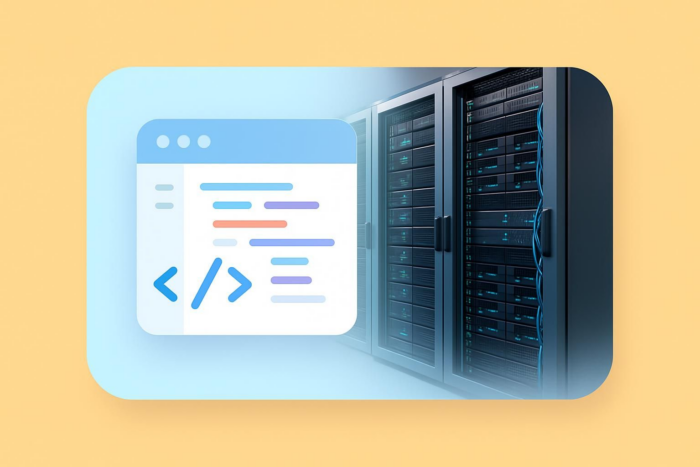
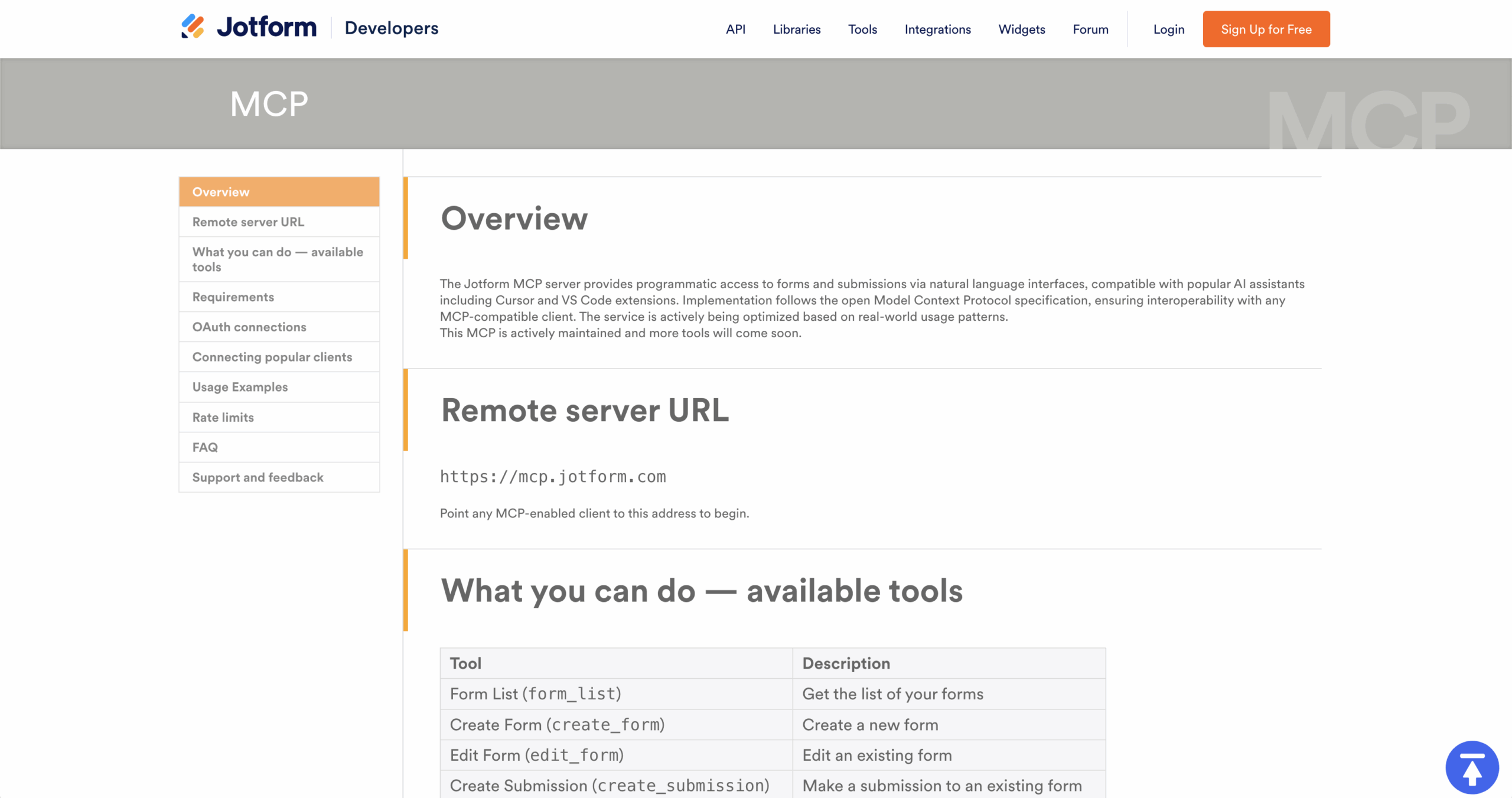
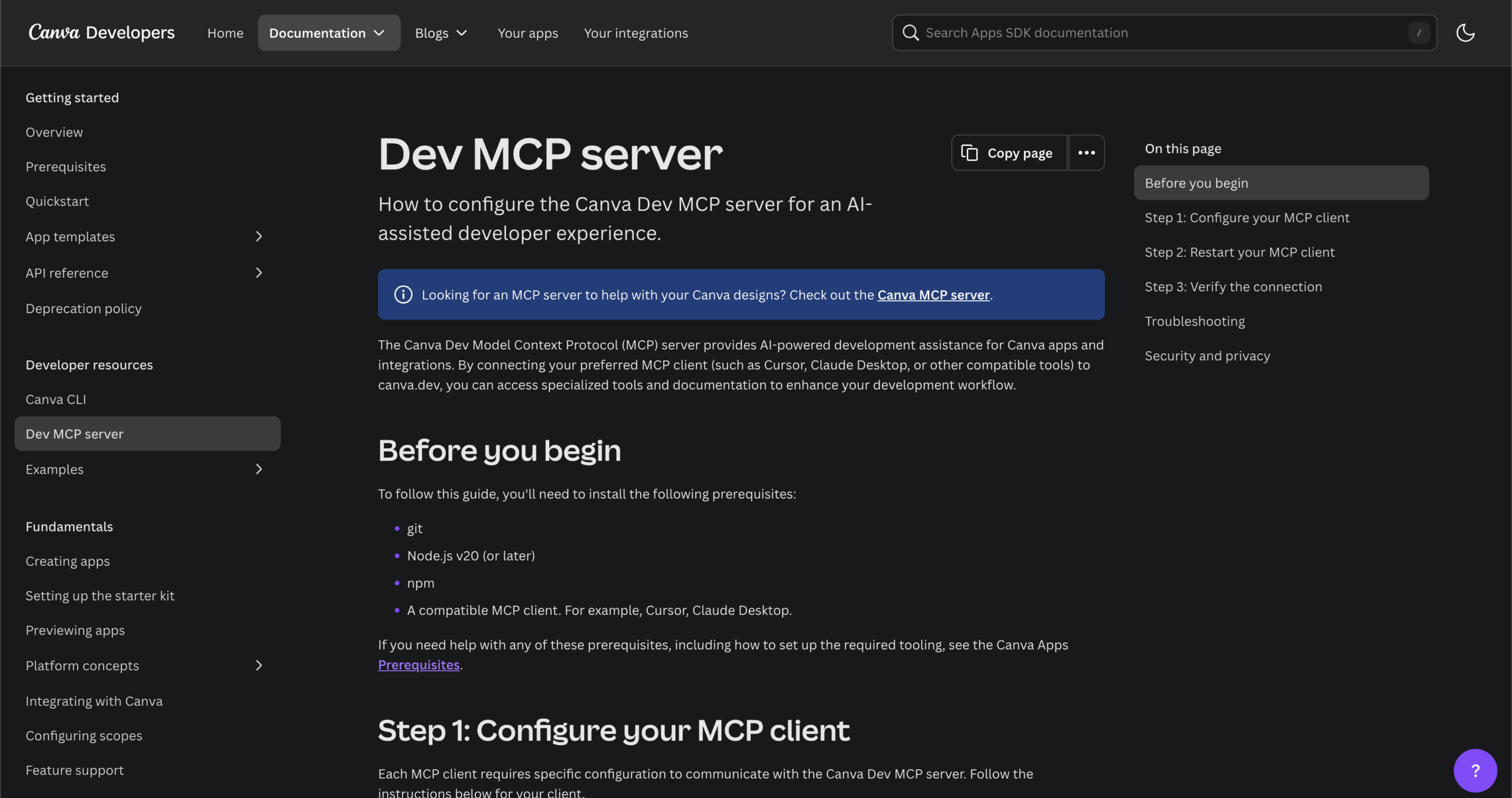
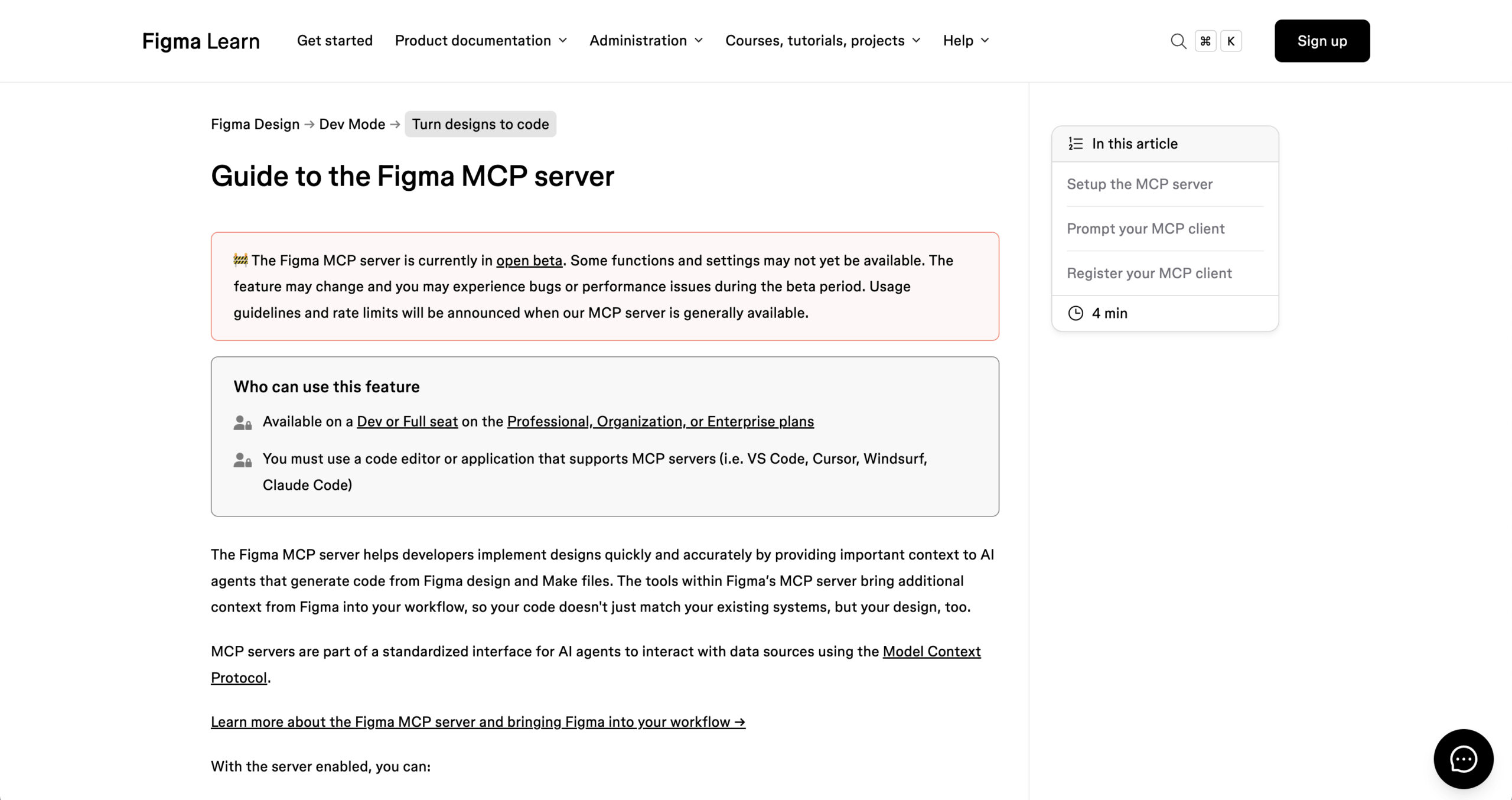
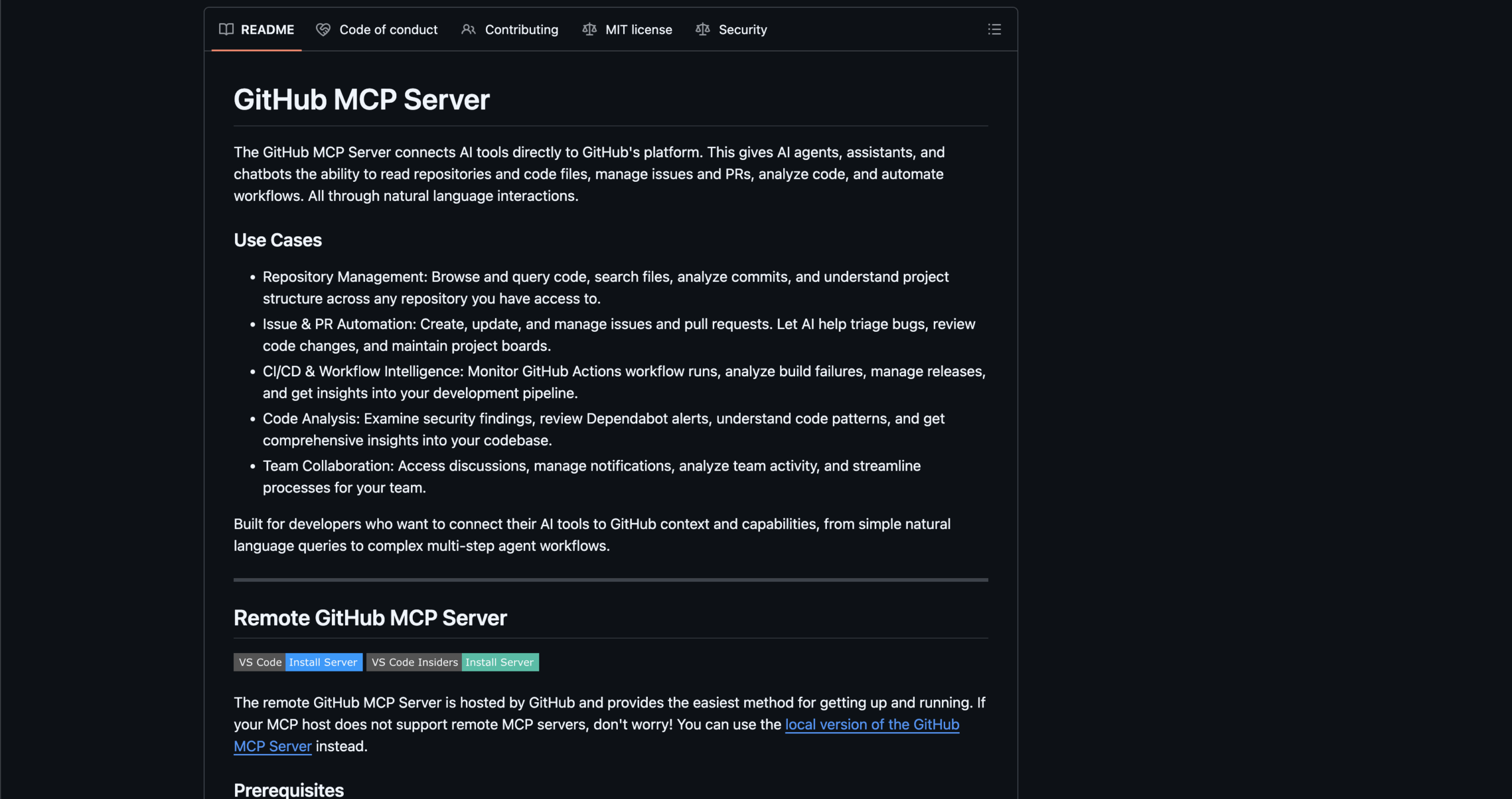
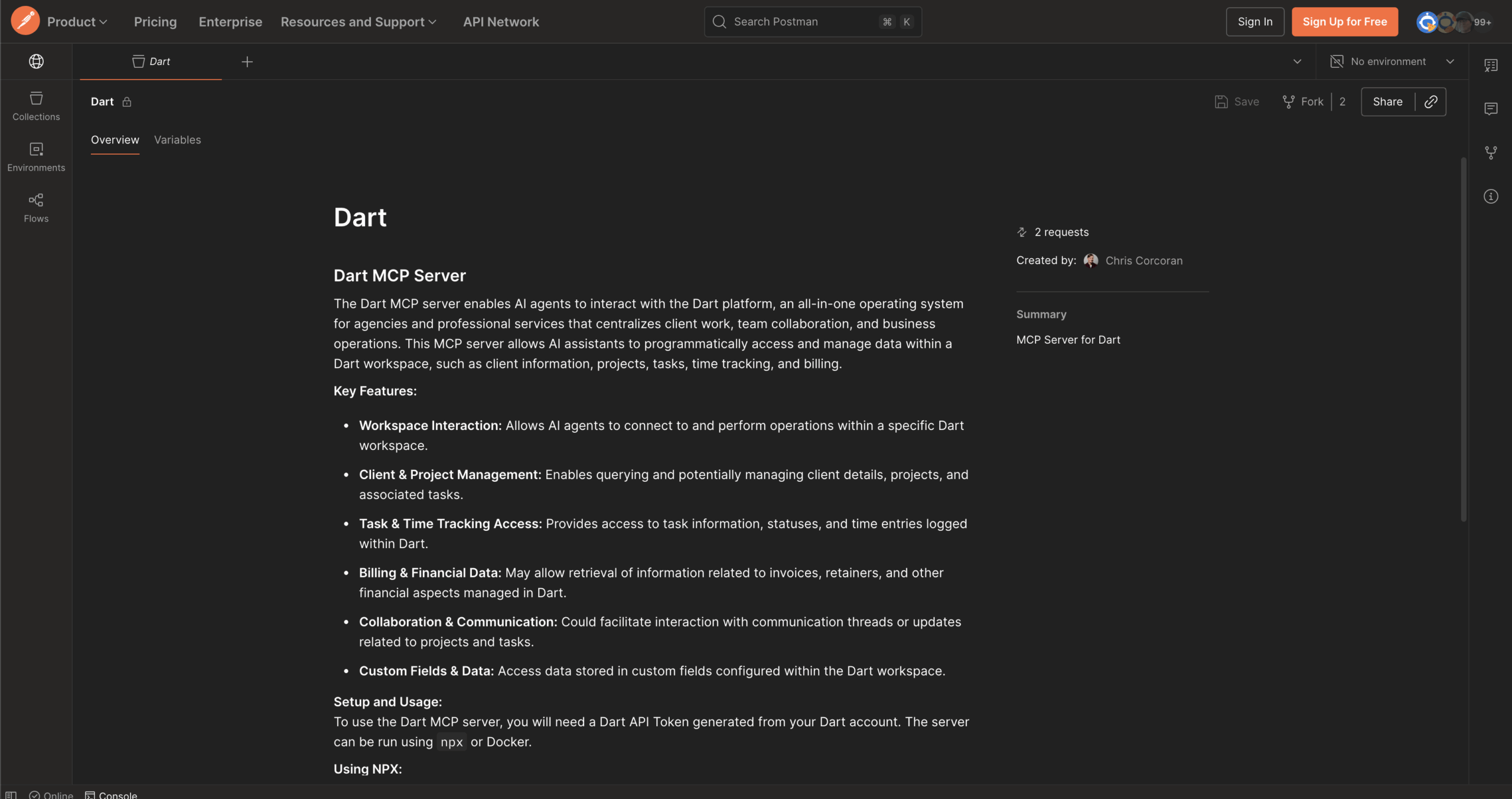
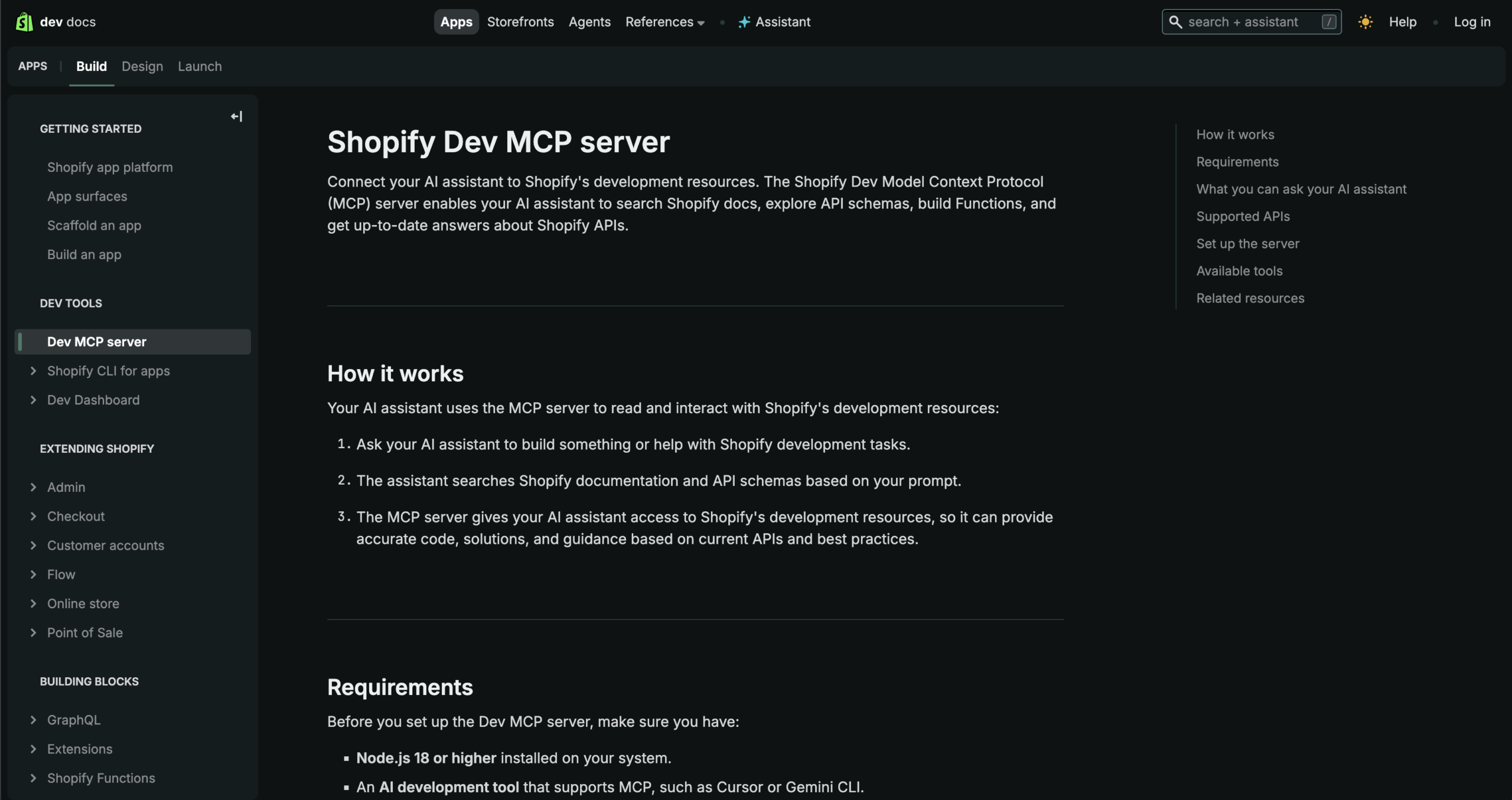
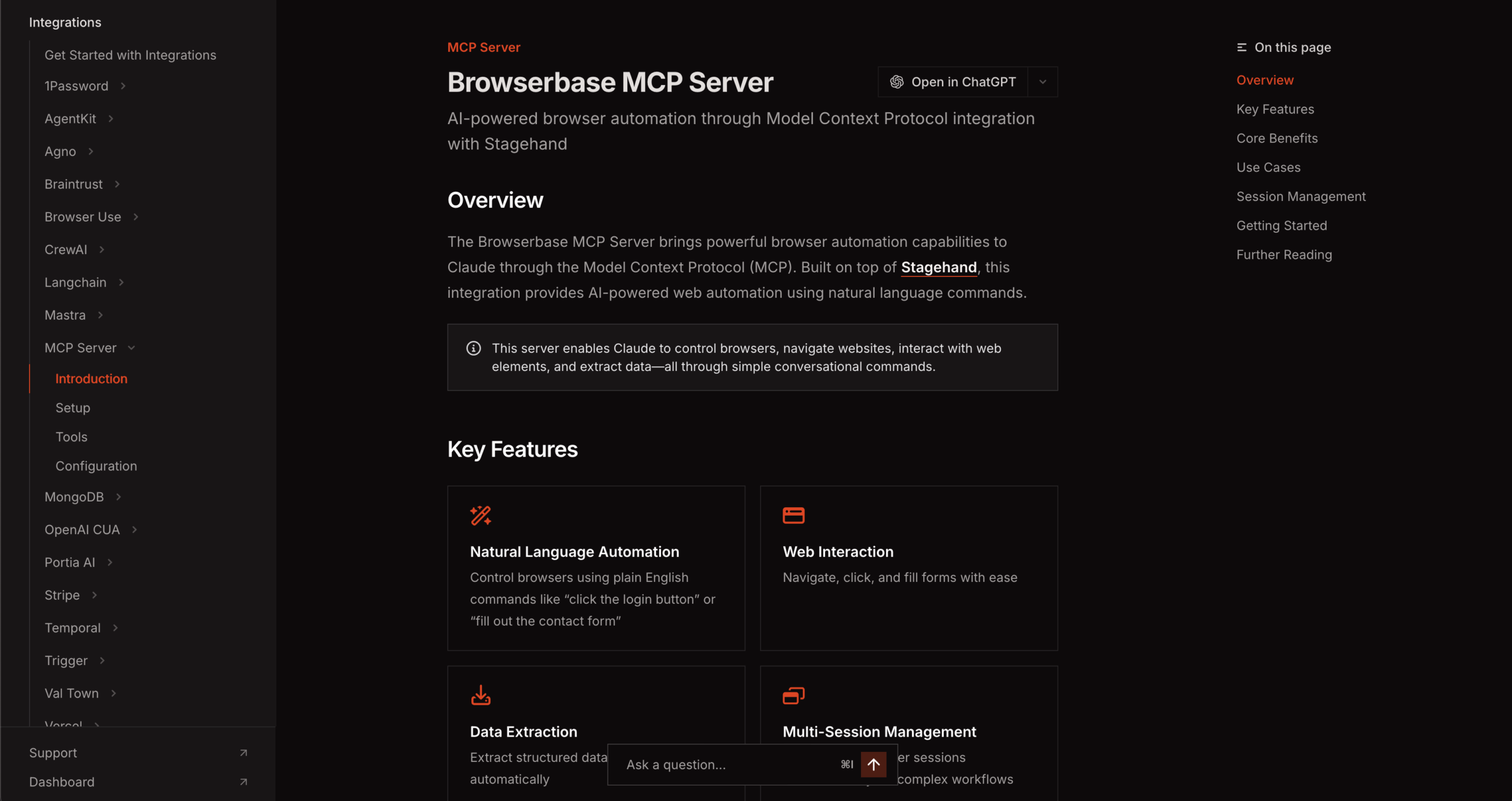
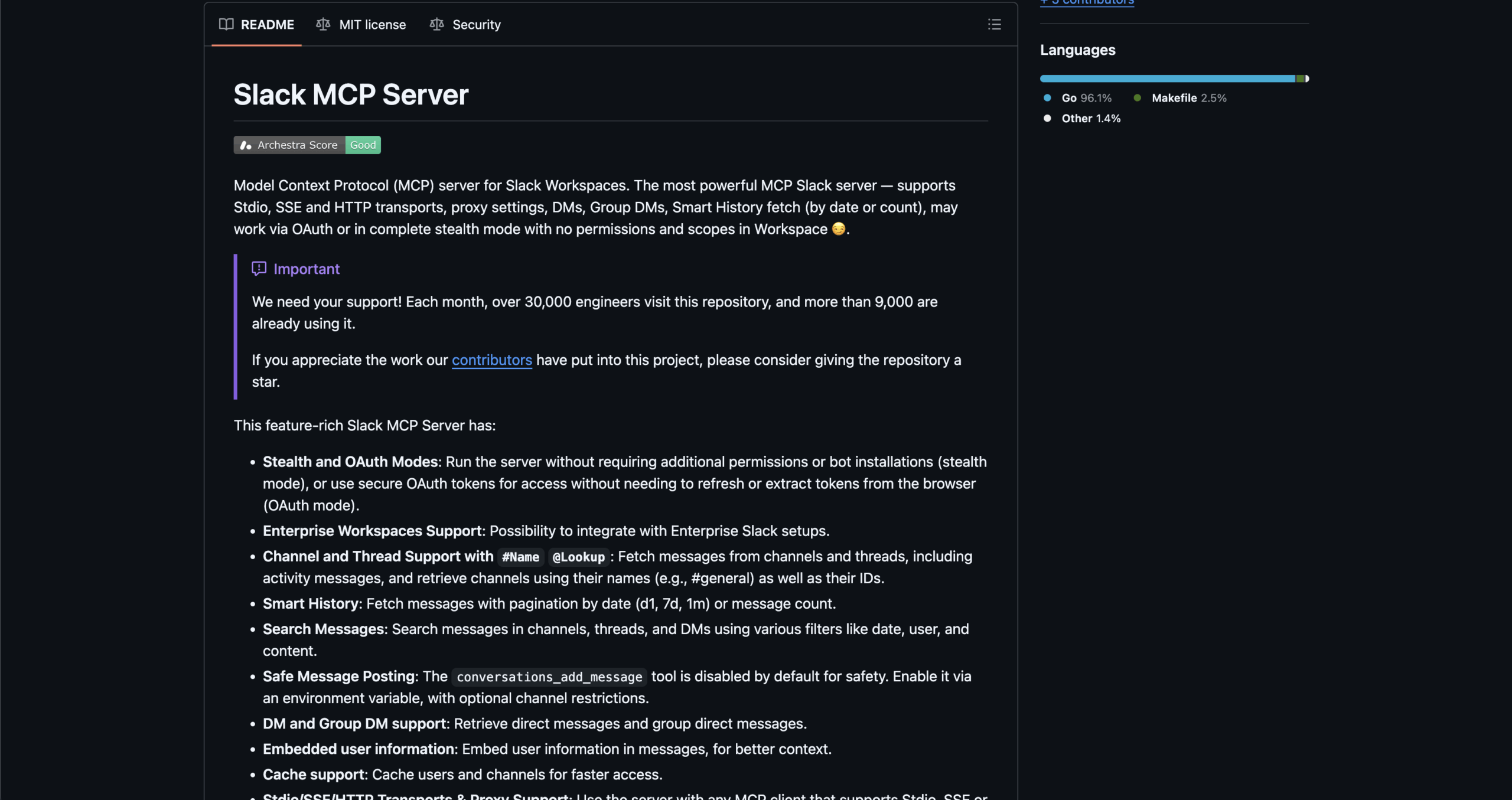
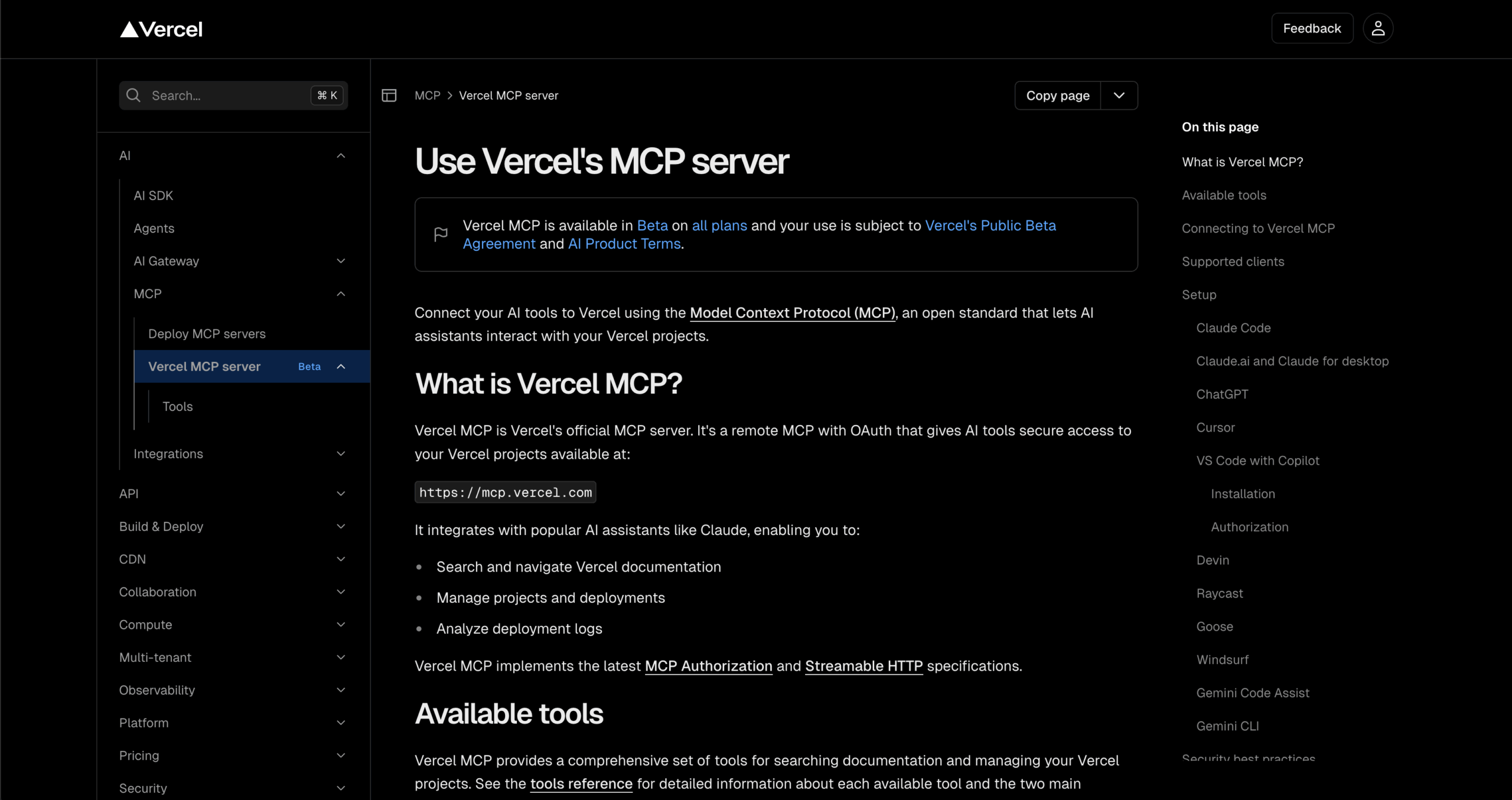
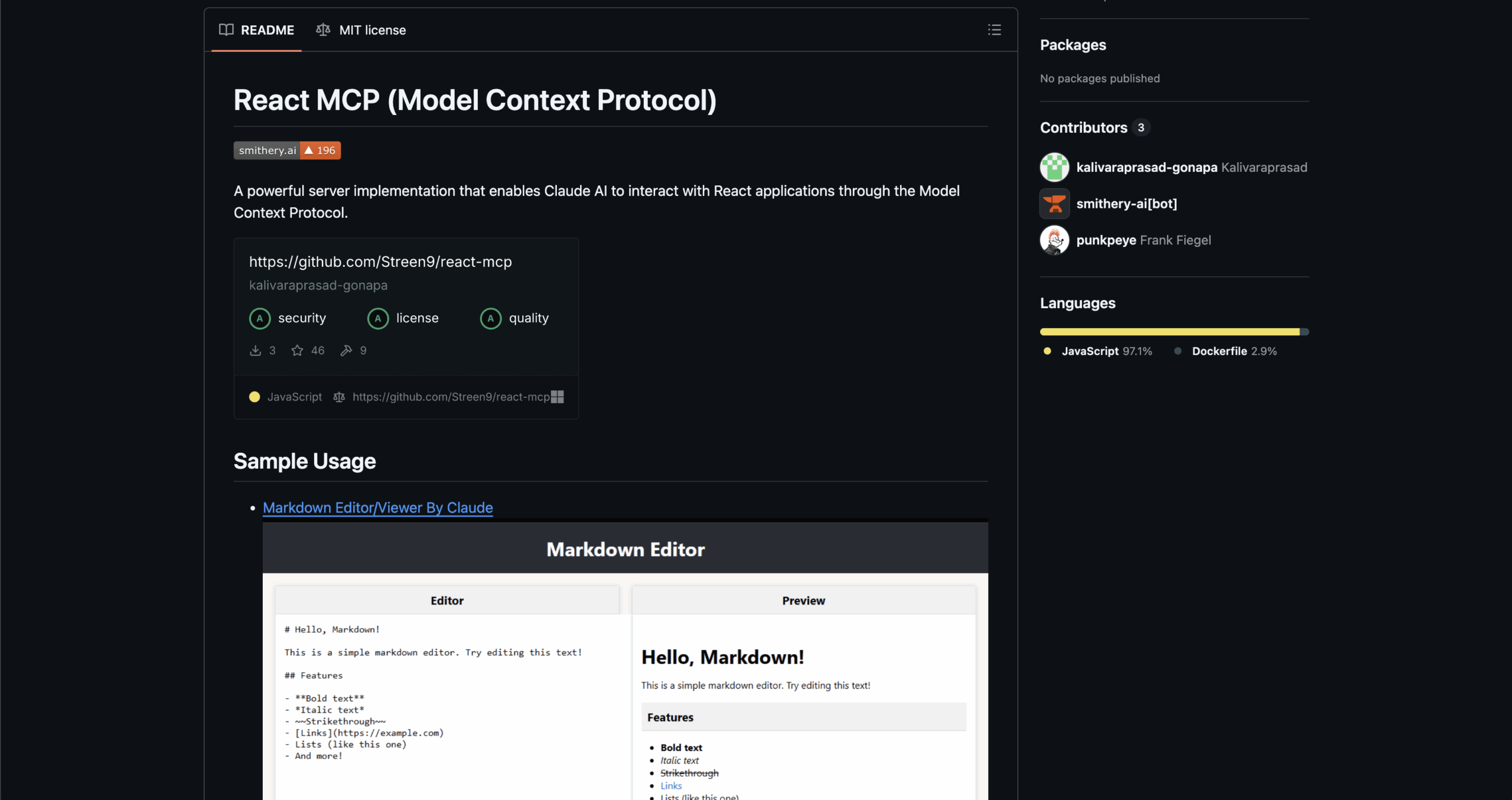

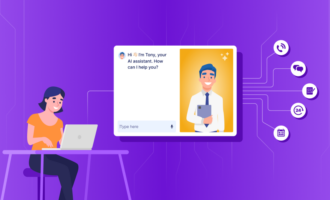
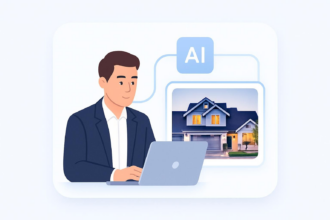


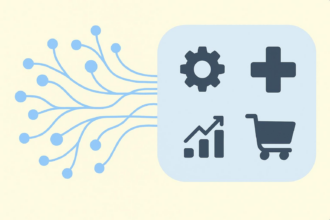
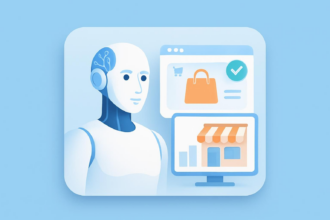

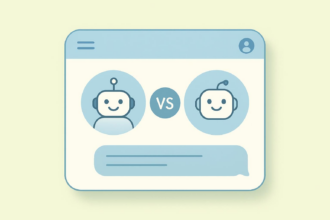

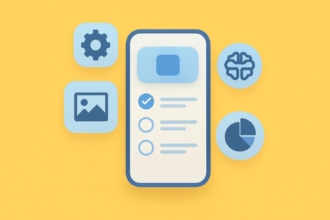

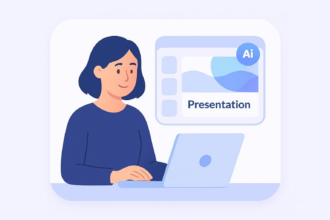


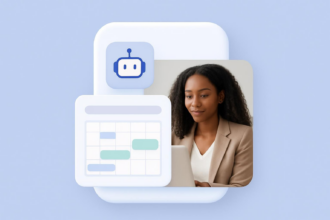
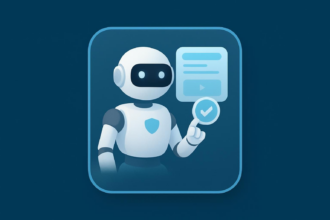
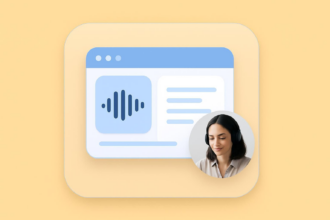
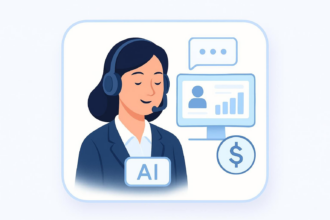



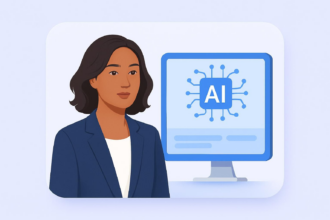








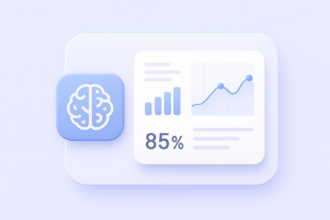
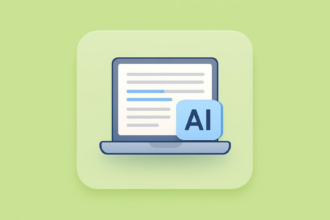

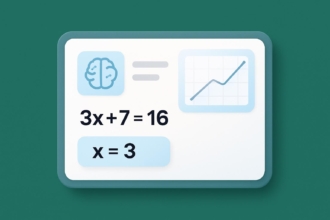




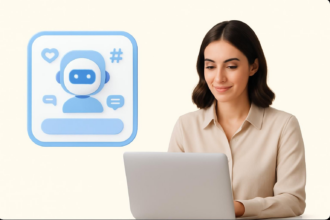

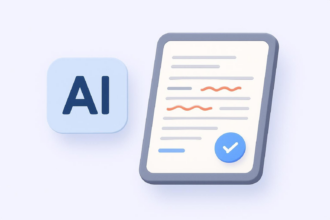




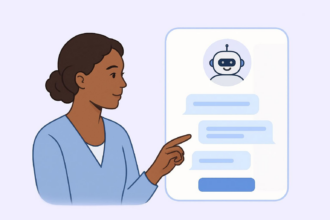

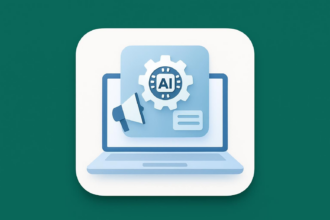


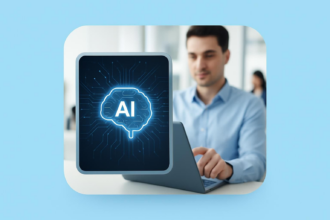

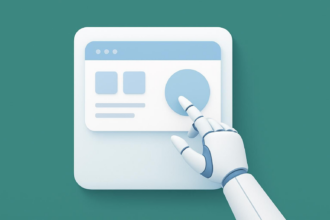




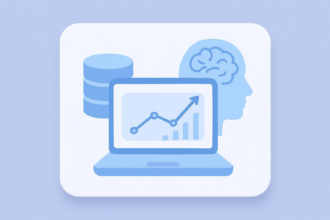
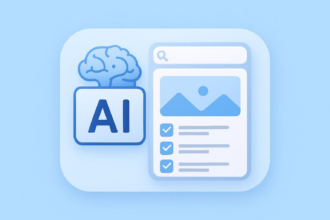
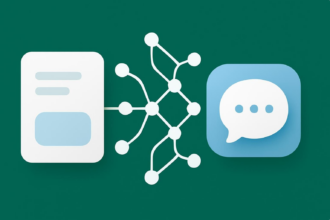






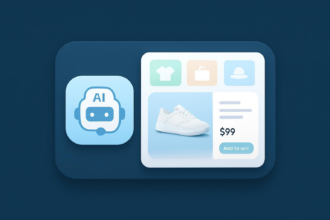

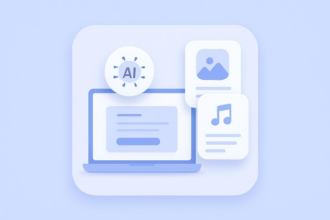


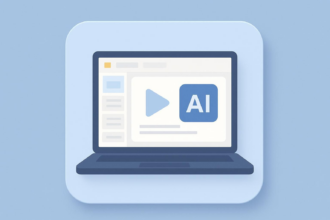
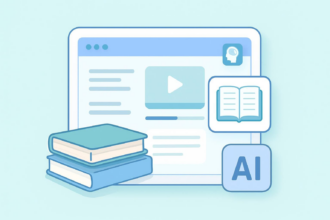













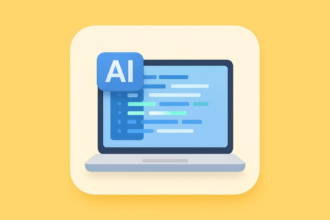


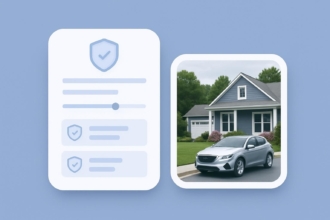

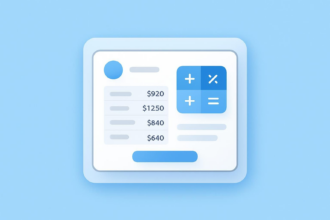

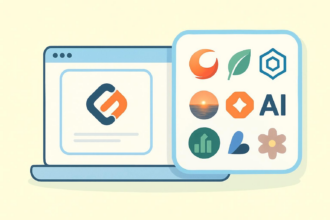
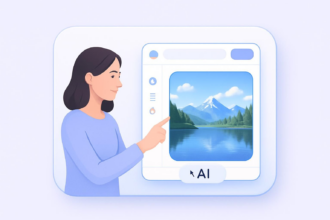
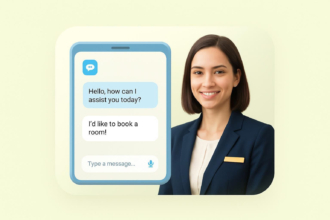




Send Comment: